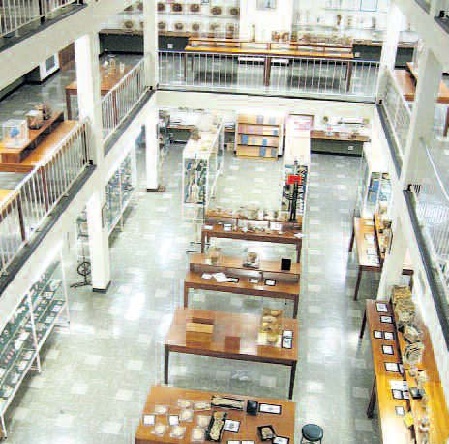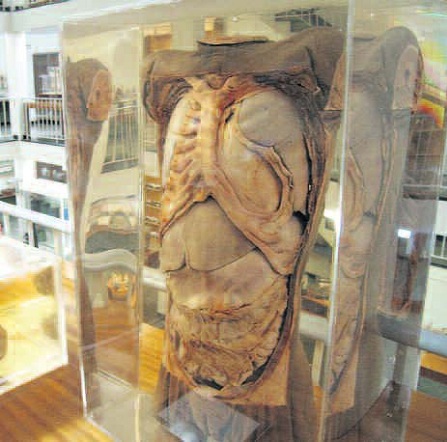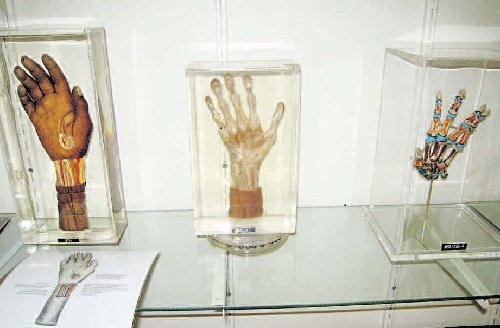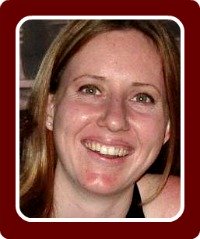|
Medical Morphology MuseumThe Medical Morphology Museum is housed at the Medical Faculty at Stellenbosch University’s Tygerberg Campus in Bellville. The aim of the museum is for visitors to leave with more respect for the body and a better understanding of human and animal diversity, past and present.
Image: Chris Thurman Displays include:
Images: Chris Thurman The most frequent visitors to the Medical Morphology Museum are, of course, the university’s medical students, who can compare healthy organs with unhealthy ones, or study what might go wrong during the complex processes of ontogenetic human development. Most of the museum’s human specimens were donated: some were removed in surgery while others were bequeathed.
Open to students, school groups and the general public,although the size of visiting groups is limited. Visiting by appointment only. Hours: Entrance Fee: Contact: For appointments: Return from the Medical Morphology Museum to What to do in Cape Town homepage |

Custom Search
Includes:
- When to visit
- Travel Documents needed
- Flight information
- Accommodation - Best deals
- Car Rental and self drive
- General Tourist Information
- Cape Town Attraction Guide
Most Popular Pages:
- Attractions for Children
- Blog News
- Cape Town Travel Guide
- Nature Reserves and Parks
- Museums and Exhibitions
Quick accommodation availability check |
Travel Resources |
Contact Marlene
For Cape Town Travel Deals!









